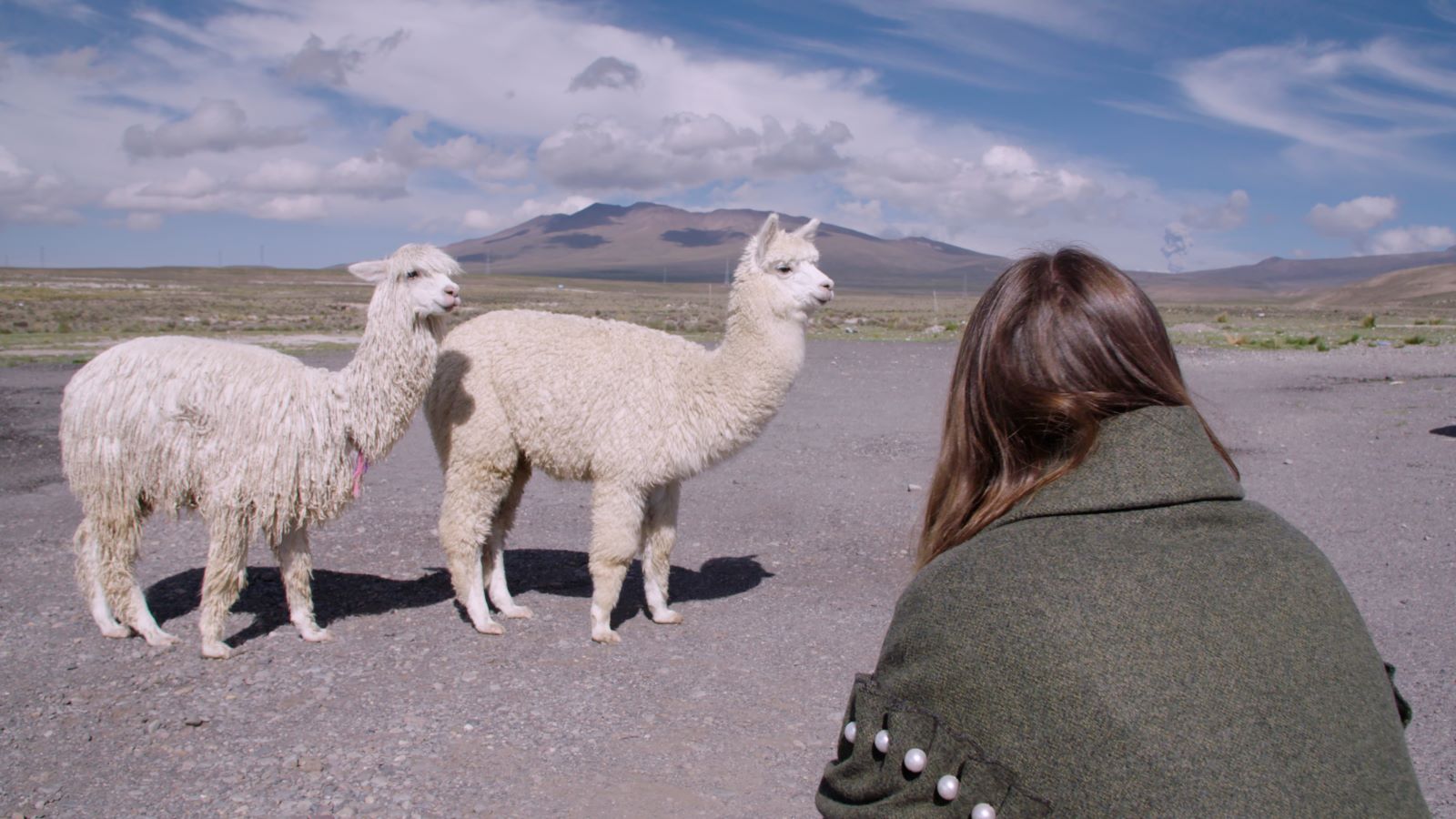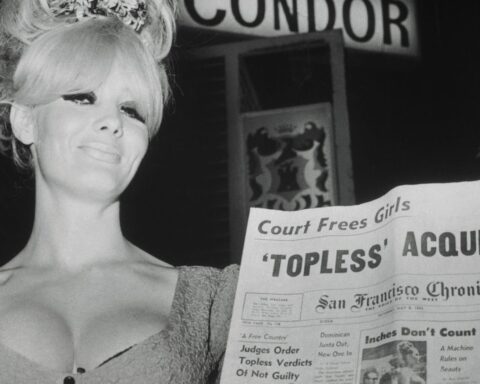Fashion Reimagined
(UK, 100 min.)
Dir. Becky Hutner
We begin with forces: powers and undercurrents, at the foothills of a multi-billion-dollar industry. Becky Hutner starts her documentary about Amy Powney, the creative director of the British sustainable fashion line Mother of Pearl, right at the very end, with all the lustre and glamour of this titanic machinery. The sheen is the perfect backdrop for posing the simplest question: how do you keep the allure but reduce the utterly devastating footprint of the fashion industry on a planet at the throes of climate catastrophe?
Hunter’s narrative centres around UK designer Amy Powney’s attempt to create the first ever completely sustainable fashion line. It’s a story that begins with complex global narratives of the fashion industry’s various violations of human rights and aims to counteract them with a clear strategy and a sheer act of willpower in order to resist the easy route of commercialization.
It doesn’t take long to realize that Hutner’s vision of Powney is to build for the audience a pure hero narrative, and not one that truly delves into the very issues of the fashion industry itself. The stakes in ecology are personalized around Powney’s upbringing. Considering that Hutner employs a microscopic inquiry into one person, the film takes an individualist approach to climate responsibility, which doesn’t allow for an analysis of the more destructive forces of industry against a dying planet.
Powney and Hutner are starting with the right ideas: that the industry has grown beyond sustainability, and that if not for drastic measures, the continuation of current practices in the fashion industry will prove exponentially more catastrophic than ever before. Issues from child labour, dangerous work conditions, animal abuse and pollution are mentioned though not explored in depth. Powney falls into the neo-liberal trap of the post-enlightenment individualist project, that the issue with the fashion industry is rampant “consumerism,” a word that targets the customers and their habits without ever questioning countless conglomerates that still produce regardless of ethical consumption. At Mother of Pearl, Powney wants the consumer to become more conscious, and we’ve all seen this act before. We’ve all been asked not to take plastic straws when they are being produced on the same scale and will end up in the same landfills. Her approach leads us to more expensive avenues of consumption rather than being inspired to rage against capitalism itself.
Powney’s naïveté towards changing the industry is perfectly captured by Hutner’s hero narrative. It begins with “humble beginnings” in the British countryside in Lancashire as the “alienated child”, and ends in a grand crescendo of unbelievable success. By the end, Powney achieves her goal, albeit with many compromises towards social responsibility, which at first seemed to be dealbreakers for her ideological “movement” towards sustainability, all of which later prove palatable through negotiations with South American producers. She is lifted out of the narrative of personal “alienation” from the fashion industry, and is assimilated into its greater machinery. Powney becomes a new force for production in an industry whose main downfall has been its voracious production.
In the end, neither Powney nor Hutner present a truly radical rethinking of the fashion industry. In fact, nothing showcases their naïveté better than the last ten minutes of the film in which Powney introduces social media “pledges,” one of which being “not buying new garments for a year.” It is perhaps her single most coherent idea towards a radical opposition of the “consumerism” she often condemns, but how would a “sustainable” brand, still deeply entrenched in capitalism survive with such pledges? Mother of Pearl survives only through gestures towards the bigger problems. A brand, however sustainable, is nothing without its consumers. The fashion industry has been re-imagined here, but this reimaging is one that has been fed back into its voracious machinery of production.














